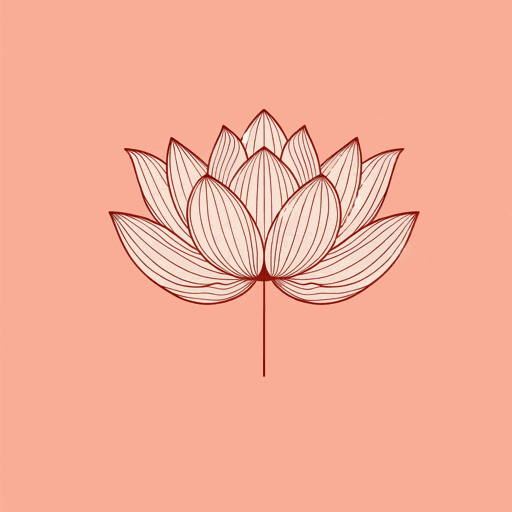61 pages • 2 hours read
Jung ChangWild Swans: Three Daughters of China
Nonfiction | Biography | Adult | Published in 1991A modern alternative to SparkNotes and CliffsNotes, SuperSummary offers high-quality Study Guides with detailed chapter summaries and analysis of major themes, characters, and more.
Summary and Study Guide
Overview
Wild Swans: Three Daughters of China (1991) is a family history and autobiography by Chinese writer Jung Chang. Set against the backdrop of 20th-century China, in particular the first three decades of Communist rule (1949-1978), Wild Swans appeared in print at an important historical moment. Communism was under siege worldwide. In 1991, the year of the book’s original publication, the Soviet Union collapsed. Meanwhile, the Chinese Communist government’s violent crackdown on pro-freedom demonstrators at Tiananmen Square in 1989 re-focused many Westerners’ attention on that regime’s fundamentally brutal nature. The global political context in which the book appeared, coupled with Chang’s storytelling and analysis, helped make Wild Swans a bestseller.
Plot Summary
Wild Swans tells the story of three generations of Chinese women: Chang’s grandmother, Chang’s mother, and Chang herself. The book opens with the birth of Chang’s grandmother in 1909 and concludes on September 12, 1978, when Chang, a 26-year-old scholarship recipient, left Peking to begin her studies in Great Britain. Interwoven with Chang’s family story is the often dark and brutal history of 20th-century China, which Chang chronicles from the fall of the Manchu Dynasty in 1911 through the aftermath of Mao Zedong’s death in 1976. Mao, the megalomaniacal dictator responsible for the persecution and death of tens of millions of Chinese citizens, emerges as the story’s primary villain.
As she explains in the afterword to the book’s 2003 edition, Chang began writing Wild Swans following her mother’s 1988 visit to London, where Chang had been living for the past decade. During this visit, Chang’s mother told her the full story of their family’s experience. When Chang was at work, her mother stayed home alone and spoke into a tape recorder, resulting 60 hours’ worth of recordings. Chapters 1-3 focus primarily on Chang’s grandmother’s experience as a young woman in Manchuria, first as a warlord’s concubine and then as wife to a doctor 40 years her senior. Chapters 4-12 feature Chang’s mother, though Chang’s grandmother and especially Chang’s father also appear prominently. These early and middle chapters detail Chang’s mother’s childhood in Japanese-occupied Manchuria, her activity on behalf of the Chinese Communists, her marriage to a veteran Communist revolutionary, the birth of her five children, and her experience as a Communist official from the early 1950s through the end of Mao’s Great Leap Forward and the resulting famine in 1962. Chang’s mother was a devoted Communist, but her father was a zealot who, since 1940, had given himself entirely to the Party. Her father’s zealotry caused Chang’s parents marital strife, for he put the Party ahead of his family. This character trait was not unique to Chang’s father. It was a Party requirement.
From Chapter 13 to the end, which constitutes more than half the book, Chang herself occupies the center of the story. Beginning in 1964, at the age of 12, Chang experienced the indoctrination that turned millions of Chinese youths into Mao worshippers. As a teenager in the mid-1960s, Chang witnessed and even participated in the early stages of Mao’s Cultural Revolution, which unleashed terror and destruction on an unprecedented scale. Chang’s parents became victims of the Cultural Revolution, which Mao intended as a purge of Party officials who dared to think for themselves. Chang’s parents and countless other victims suffered torment not by the army or the secret police but at the hands of neighbors, colleagues, and acquaintances. These final chapters also describe Chang’s gradual recovery from indoctrination; her intense love for her family, particularly her persecuted parents; and her longing for decency, authenticity, and freedom.

